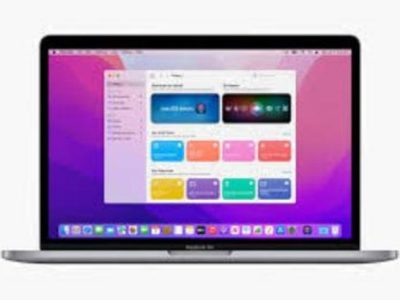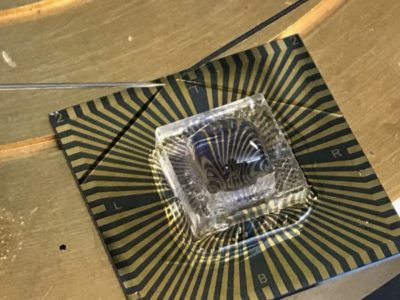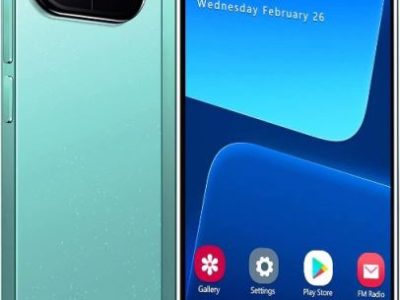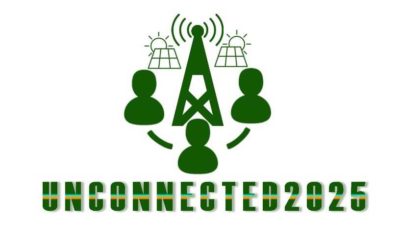For Microsoft, buying Nokia is new vista for competition
By MARTIN EKPEKE
Microsoft’s acquisition of Nokia’s handset business has received mixed feelings. While a section of the industry expects the dynamics of the handset industry to change, skeptics think the Microsoft’s Nokia deal even if it is a smart move has a very low chance of success. For them, Microsoft’s dominance of the operating system market will not necessarily translate to a competitive lead in the low smartphone market where Samsung, LG, Apple and a host of emerging Chinese brands already have formidable reign.
But the $7.2 billion purchase of Nokia’s devices business is probably the no-brainer acquisition of the year. In addition to shoring up Microsoft’s most important smartphone partner, the buyout places into Microsoft’s hands Nokia’s important technologies besides smartphones.
Following the purchase, Microsoft has said that it aims to accelerate the growth of its share and profit in mobile devices through faster innovation, increased synergies, and unified branding and marketing. Hmm! This is surreal. Microsoft is not known for aggressive branding and advertising. Just maybe, this will help solves Microsoft’s ultimate problem: making consumers and businesses want Windows Phones.Nokia is virtually the only smartphone vendor committed to Microsoft’s Windows Phone operating system; other handset manufacturers, including leader Samsung had either given Windows Phone only lukewarm support at best, or had completely ignored the OS to focus on Android.
As one report by Business Insider rightly notes, minus Nokia, Windows Phone will be dead in the water. The Finnish firm account for about 84 percent of all Windows Phone shipments. Now, a look away from the handset business, Microsoft stands to gain other things from the acquisition. For instance, the GPS mapping tech that came from Nokia’s $8.1 billion purchase of Navteq in 2007 is going to Microsoft. Navteq provides GPS apps to a lot of cars made by Volkswagen, Mercedes, Hyundai, and Toyota. It is also used in all kinds of other devices.
Though the software giant agreed to make extra payments over four years for the application, it is all good for Microsoft. The GPS devices collect location data, which Microsoft has planned to use with Bing and make it available to software developers via its cloud service and Windows Azure.
About $2.2 billion out of the $7.2 billion agreement is for the collection of Nokia’s intellectual property, this will allow Microsoft license Nokia’s patents for at least 10 years. With this arrangement, Microsoft will be gaining access to over 30,000 patents from Nokia. One of such patent belongs to chip maker Qualcomm. Also, Motorola Mobility, now owned by Google pays fees to Nokia to license wireless patents; that fees will now be paid to Microsoft. This is a lost on the part of Google.
This acquisition is noteworthy for Microsoft because a great amount of mobile revenue is actually coming from the patents instead of the phones itself. The more patents it owns, the more it can compete with Android and Apple operating system, and the more it makes from other companies’ smartphones.
The deal places a good opportunity in the hands of Microsoft to be an effective alternative to Google that acquired Motorola Mobility, the mobile phone arm of Motorola in a deal worth $12.5 billion, even though some analysts argue that things don’t seem to be working out all that well for Google since the acquisition.





























